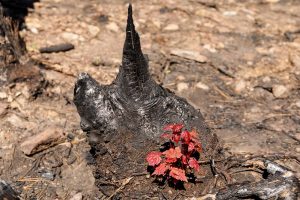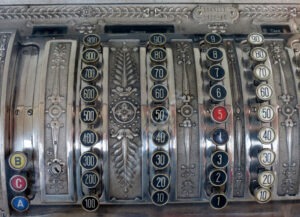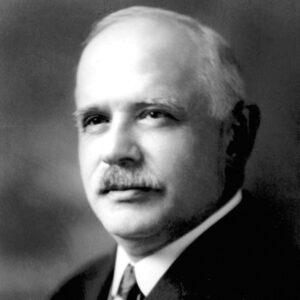| Get the newswire delivered to you – free! {source} [[form name=”ccoptin” action=”http://visitor.constantcontact.com/d.jsp” target=”_blank” method=”post”]] [[input type=”text” name=”ea” size=”20″ value=”” style=”font-family:Verdana,Geneva,Arial,Helvetica,sans-serif; font-size:10px; border:1px solid #999999;”]] [[input type=”submit” name=”go” value=”GO” class=”submit” style=”font-family:Verdana,Arial,Helvetica,sans-serif; font-size:10px;”]] [[input type=”hidden” name=”m” value=”1101451017273″]] [[input type=”hidden” name=”p” value=”oi”]] [[/form]] {/source} | Subscribe via RSS | Submit a News Item |
March 24, 2010; The Times-Picayune | A contingent representing more than 30 foundations, philanthropic organizations and donors from around the US poured into New Orleans this week. With the fifth anniversary of Katrina approaching, the group spent three days in the city to learn what worked and what didn’t in how they responded after the August 2005 disaster.
The conference, which ran through Wednesday, was organized by the Association of Small Foundations and paid for with Ford Foundation grants as well as support from the New Orleans-based Azby Fund. Visitors had a chance to talk about what worked and how to use lessons from those successes the next time something similar occurs there or elsewhere.
For instance, noting the large number of people willing to pitch in and help, one idea that was discussed, according to the Times-Picayune, was a “national group that can quickly provide infrastructure—tents, housing, showers, meals—for volunteers working at disaster sites.”
Sign up for our free newsletters
Subscribe to NPQ's newsletters to have our top stories delivered directly to your inbox.
By signing up, you agree to our privacy policy and terms of use, and to receive messages from NPQ and our partners.
MK Wegmann from the National Performance Network, which is based in New Orleans, told how artists played their part in helping rebuild New Orleans. Money her group received was quickly passed to local artists, who she said were key to the recovery for both their craft and their creative thinking: “They’re problem solvers.”
Just goes to show it takes a lot of people, supporters, creative ideas, and hard work to get those good times rolling again.—Bruce Trachtenberg













